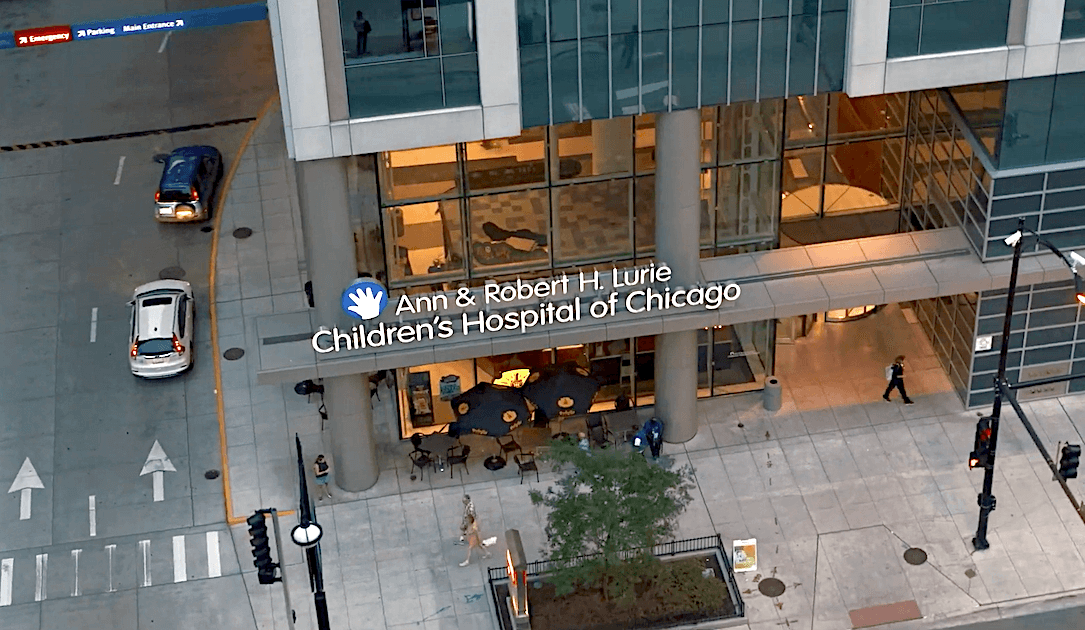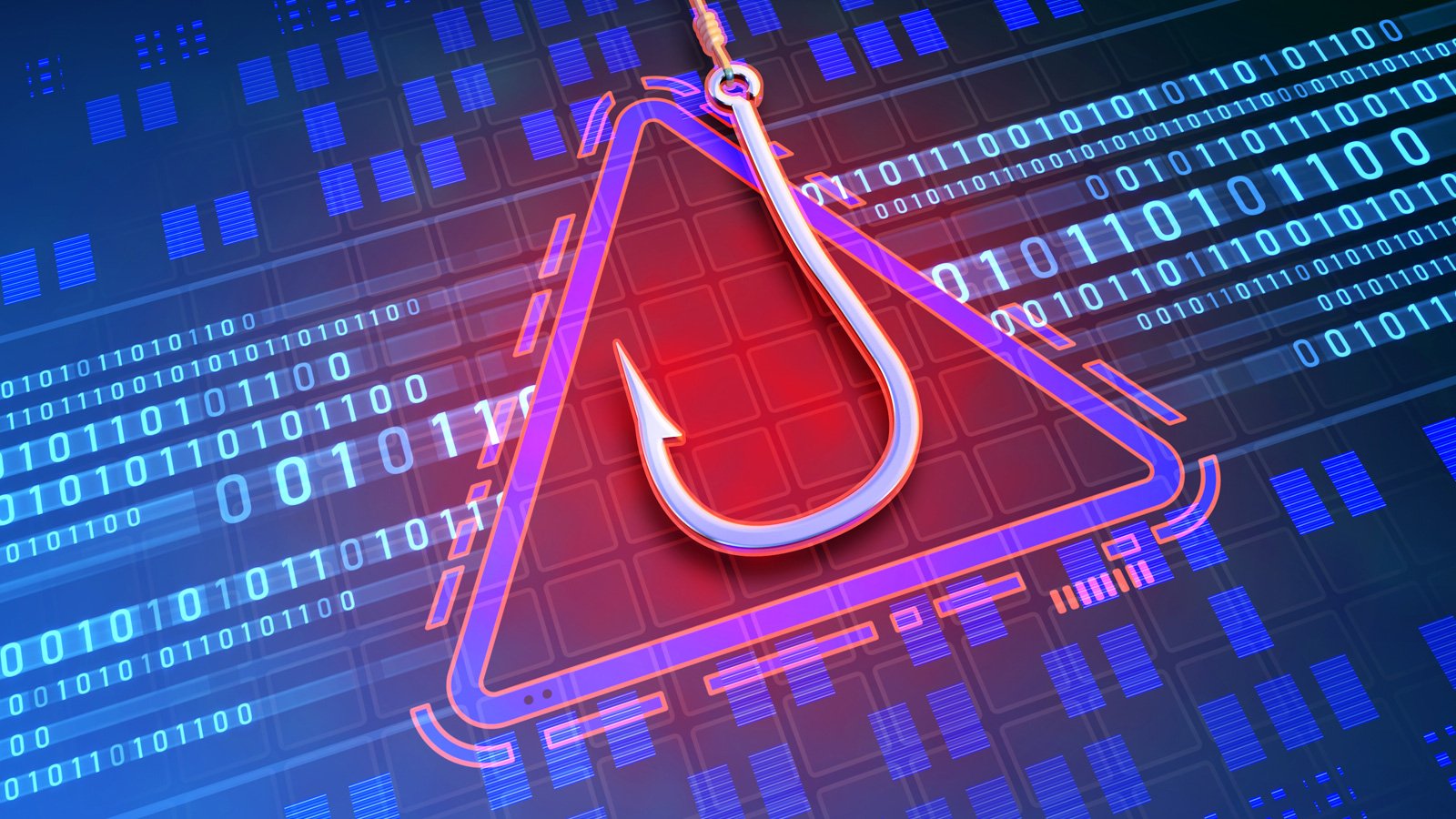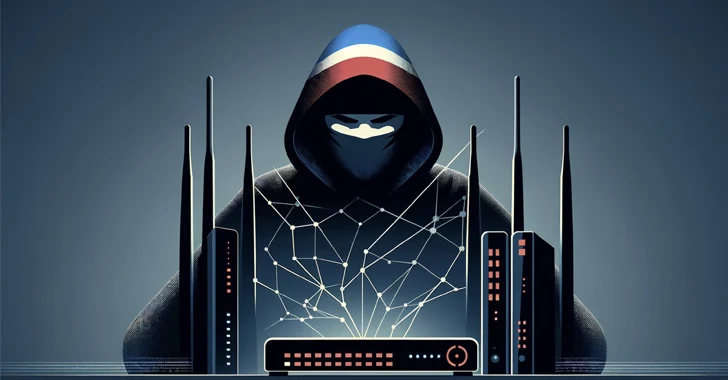The Black Basta and Bl00dy ransomware gangs are exploiting a critical authentication bypass vulnerability (CVE-2024-1709) in unpatched ScreenConnect servers to gain admin access and deploy ransomware.
The hospital, which serves a large number of pediatric patients, is still providing care despite disruptions caused by the cyberattack. The ransomware group is attempting to sell stolen data from the hospital for 60 bitcoins.
The plan includes 12 measurable objectives, such as increasing cybersecurity practices, developing cross-sector risk management strategies, and implementing automation and emerging technologies.
LabHost offers three membership tiers targeting banks and online services, along with a real-time phishing management tool called LabRat that enables cybercriminals to steal 2FA protection.
The compromise was introduced via a governance proposal, and the Tornado Cash Developers confirmed the compromise, urging users to withdraw old deposit notes and token holders to cancel their votes for the malicious proposal.
The malware comes with embedded modules for orchestration, decryption, and protection, while also conducting checks to avoid sandbox environments and targeting specific industries like manufacturing and transportation sectors.
Organizations are urged to perform a hardware factory reset, upgrade firmware, change default credentials, and implement firewall rules to protect against the MooBot attacks.
ALPHV/Blackcat ransomware affiliates use advanced social engineering techniques and open-source research to gain initial access to victim networks, posing as IT or helpdesk staff to obtain credentials.
State-sponsored hacker groups targeted Russia and former Soviet Union members with destructive or espionage campaigns, indicating an increase in politically motivated cyber attacks in the region.
The organization is working with external IT security experts to restore its communication channels and is committed to informing affected individuals if a data compromise is confirmed.








